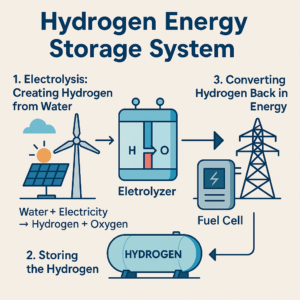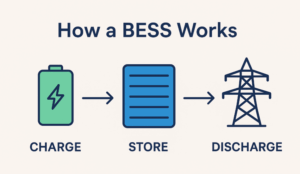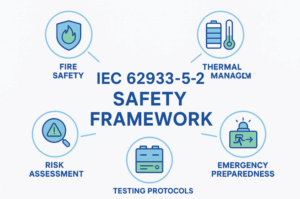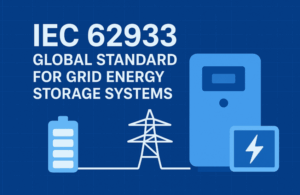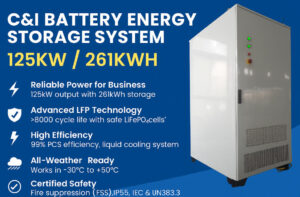Lithium Iron Phosphate Batteries for Solar Energy Systems
As the world continues to shift towards renewable energy sources, the importance of reliable energy storage systems has become increasingly evident. Lithium iron phosphate batteries have emerged as a popular choice for solar energy systems due to their high energy density, long cycle life, and excellent safety characteristics. In this article, we will take a closer look at the benefits of using lithium iron phosphate batteries in solar energy systems.
What is Lithium Iron Phosphate Battery?
Lithium iron phosphate (LiFePO4)) batteries are a type of rechargeable battery that uses lithium iron phosphate as the cathode material. They are known for their high energy density, long cycle life, and excellent safety characteristics.
Compared to other types of lithium-ion batteries, such as lithium cobalt oxide (LCO) and lithium manganese oxide (LMO), lithium iron phosphate batteries have a lower energy density. However, they make up for this with their superior safety characteristics and longer cycle life.
Benefits of Lithium Iron Phosphate Batteries for Solar Energy Systems
- High Energy Density
LiFePO4 batteries have a high energy density, which means they can store a large amount of energy in a small amount of space. This is particularly important for solar energy systems, which often have limited space for energy storage.
- Long Cycle Life
One of the key advantages of LiFePO4 batteries is their long cycle life. They can withstand thousands of charge and discharge cycles without significant degradation, making them ideal for use in solar energy systems.
- Excellent Safety Characteristics
Lithium Iron Phosphate batteries are known for their excellent safety characteristics. Unlike other types of lithium-ion batteries, they are less prone to thermal runaway and have a lower risk of catching fire or exploding. This makes them a safer choice for solar energy systems.
- Wide Temperature Range
Lithium iron phosphate batteries can operate over a wide temperature range, from -20°C to 60°C, making them suitable for use in a variety of climates. This is particularly important for solar energy systems, which may be exposed to extreme temperatures.
- Low Maintenance
Lithium Iron Phosphate batteries require little maintenance compared to other types of batteries. They do not require regular watering or equalization, which can help to reduce maintenance costs and increase the lifespan of the battery.
- Fast Charging
Lithium Iron phosphate batteries can be charged at a higher rate than other types of batteries, which means they can be charged more quickly. This can be particularly beneficial for solar energy systems that need to store energy quickly.
- Environmentally Friendly
Lithium iron phosphate batteries are a more environmentally friendly choice than other types of batteries. They do not contain toxic materials, such as lead or cadmium, and are more easily recyclable than other types of lithium-ion batteries.
Drawbacks of Lithium Iron Phosphate Batteries for Solar Energy Systems
- Higher Cost
Lithium iron phosphate batteries are generally more expensive than other types of batteries, which can make them a less attractive option for some solar energy systems.
- Lower Energy Density
Although lithium iron phosphate batteries have a high energy density compared to other types of batteries, they have a lower energy density compared to other types of lithium-ion batteries, such as lithium cobalt oxide (LCO) and lithium manganese oxide (LMO).
- Voltage Drop
Lithium iron phosphate batteries have a higher internal resistance compared to other types of batteries, which can lead to a voltage drop when high currents are drawn from the battery.
Conclusion
Lithium iron phosphate batteries are an excellent choice for solar energy systems due to their high energy density, long cycle life, and excellent safety characteristics. Although they are generally more expensive than other types of batteries, their low maintenance requirements, wide temperature range, and fast charging capabilities can make them a cost-effective option in the long run. Additionally, their environmentally friendly nature makes them a more sustainable choice compared to other types of batteries.
When selecting a lithium-iron-phosphate battery for a solar energy system, it is important to consider factors such as the battery capacity, voltage, and discharge rate. Additionally, it is important to ensure that the battery is compatible with the solar inverter and other components of the energy system.
Overall, lithium iron phosphate batteries offer a reliable and efficient solution for energy storage in solar energy systems. As the demand for renewable energy continues to grow, the use of lithium iron phosphate batteries is expected to become more widespread, offering a sustainable and reliable solution for energy storage.

